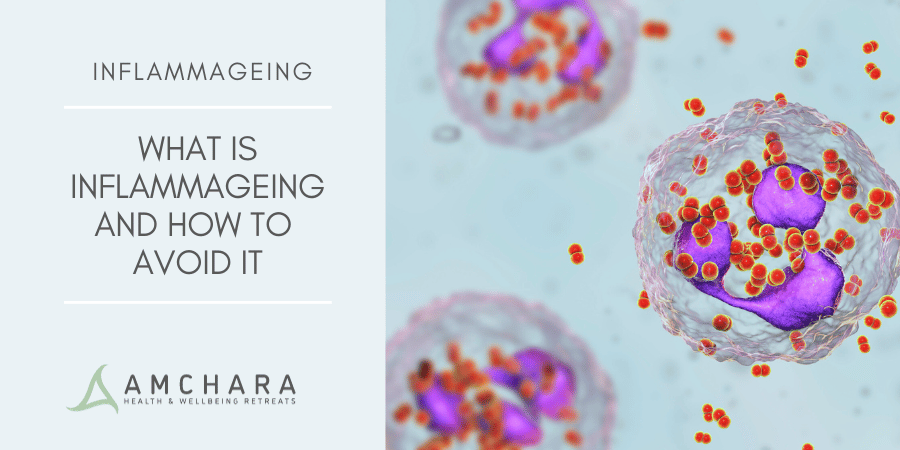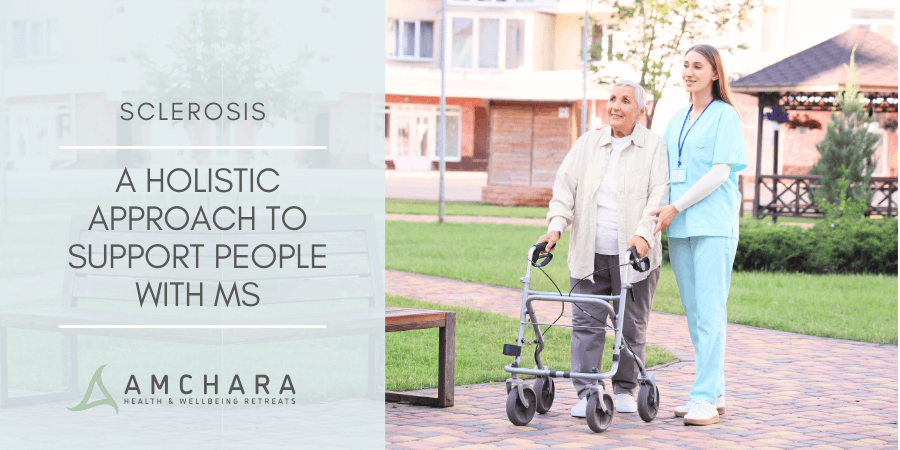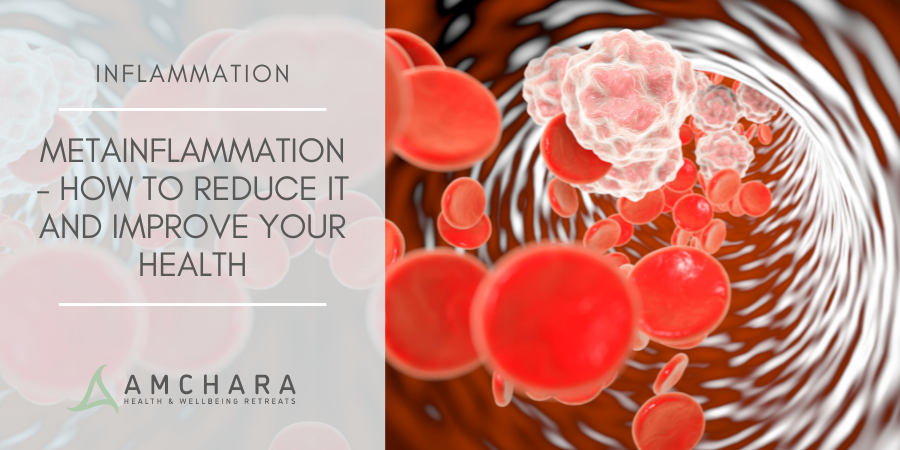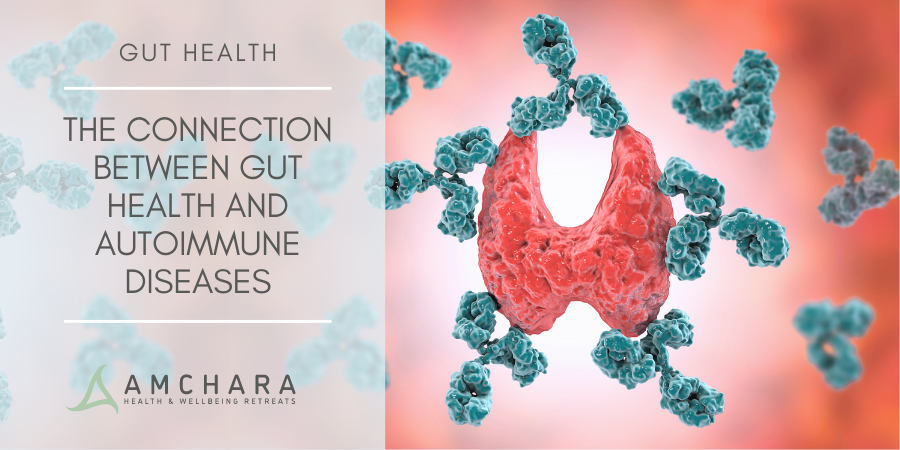Inflammageing is a term for chronic low-grade inflammation that develops with increasing age – coined as a combination of inflammation and ageing. It is essentially an age-related increase in the pro-inflammatory markers that are found in the body’s blood and tissues, and is associated as a risk factor for development of various age-related chronic diseases and adverse health conditions, including cardiovascular disease (CVD), cancer, diabetes and depression.
In the modern internet world there is an overwhelming amount of information; it can be hard for you to find health advice that you can trust, particularly as the main media channels are typically dominated with a single, orthodox narrative.
We always take an evidence-based approach, orientated towards a holistic and Personalised Health approach, and aim to provide you with actionable knowledge and tips to help you on your journey to optimal health.
Whilst some inflammation is good for the body in defending you from illness and supporting healing, chronic and prolonged inflammation is not healthy. There are various positive lifestyle changes that can help manage and lower inflammageing, and in this article we will take a closer look at what you can do to reduce your risk.
Nutrition
Foods containing high levels of beneficial antioxidants and polyphenols will exert a positive effect on managing inflammageing. One study found that following a Mediterranean diet was associated with lower levels of inflammation.
The foods listed below are anti-inflammatory and are beneficial, particularly when eaten regularly:
Eating lots of whole foods and avoiding processed foods is key. Try to avoid, or at least minimise, the following:
Exercise
Some studies have shown that taking regular cardiovascular exercise may reduce markers of systemic inflammation. Resistance training, swimming and yoga are all beneficial, according to research, in decreasing overall inflammation. Even just one 20 minute exercise session can help boost the immune system, and exert an anti-inflammatory cellular response. Research shows that yoga has a beneficial effect on circulating cortisol levels and classical inflammatory markers, partly as a result of its components of both exercise and relaxation techniques.
Takeaway
If you want to boost your health and reduce your body’s inflammation, the above tips can help you maintain a positive lifestyle on your journey to optimal health. For an extra health boost and detox, why not come to Amchara for a relaxing detox health retreat in our tranquil surroundings? With expert advice on hand from our experienced practitioners, you can benefit from personalised health advice, tailored to your needs and goals to help you maximise your health gains.
Juicing and fasting may be recommended, according to your personal situation and unique health needs. You will be immersed in a supportive and nurturing environment that enables you to switch off, relax and kickstart your health journey, including physical activities and empowering, educational talks.
Or why not try Amchara Juicery – cold-pressed, nutritious juices delivered to your door to help you boost your health, naturally. Created by Amchara’s expert in-house health team, you can enjoy a range of fresh, organic juice cleanses (and super soups) at home.




